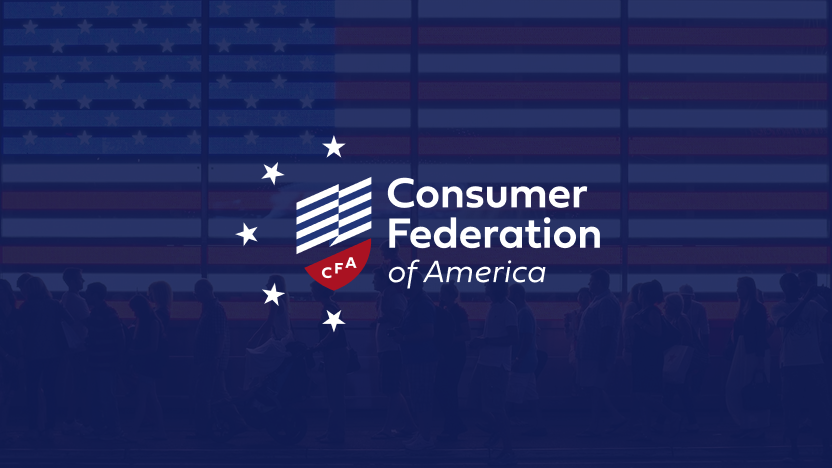Food Safety Concerns Remain with USDA Final Rule on Poultry Slaughter

The final rule on poultry slaughter issued today by the U.S. Department of Agriculture does little to address multiple food safety concerns raised by consumer groups.
The final rule still removes inspectors from the slaughter line and turns over certain inspection activities, previously conducted by federal inspectors. Yet the final rule does not require plant employees to be trained in their new duties.
The final rule does not require plants to test for Salmonella or Campylobacter, the two pathogens most frequently associated with raw poultry. According to the CDC, millions of consumers are sickened by these pathogens every year with almost no improvement in over a decade. A study by the University of Florida[1] ranked poultry contaminated with Campylobacter (#1) and Salmonella (#4) in the top five pathogen/food combinations that cause the greatest disease burden to the public. USDA has rejected a clear opportunity to better assure the safety of poultry products by not requiring testing for these pathogens.
USDA also refused to set basic standards for the level of bruises, feathers, bile or ingesta on birds going down the processing line, instead letting each company set its own standard. This leaves such decisions up to each plant, which has a vested economic interest in processing as many birds as possible.
Contact: Chris Waldrop 202-797-8551
Consumer Federation of America is an association of nearly 300 non-profit consumer organizations that was established in 1968 to advance the consumer interest through research, education and advocacy.
[1] Batz MB, Hoffman S, Morris JG, “Ranking the Risks: The 10 Pathogen Food Combinations with the Greatest Burden on Public Health.” University of Florida Emerging Pathogens Institute, 2011.
Our Subject Matter Experts

Thomas Gremillion
Director of Food Policy
Press Releases

Trump’s CFPB Once Again Harms Servicemembers

Anti-Competitive State Laws Cost New Car Buyers More Than $20 Billion Per Year

Congressional Proposal Does Little to Protect Consumers from Unknowingly Purchasing Wrecked Cars
